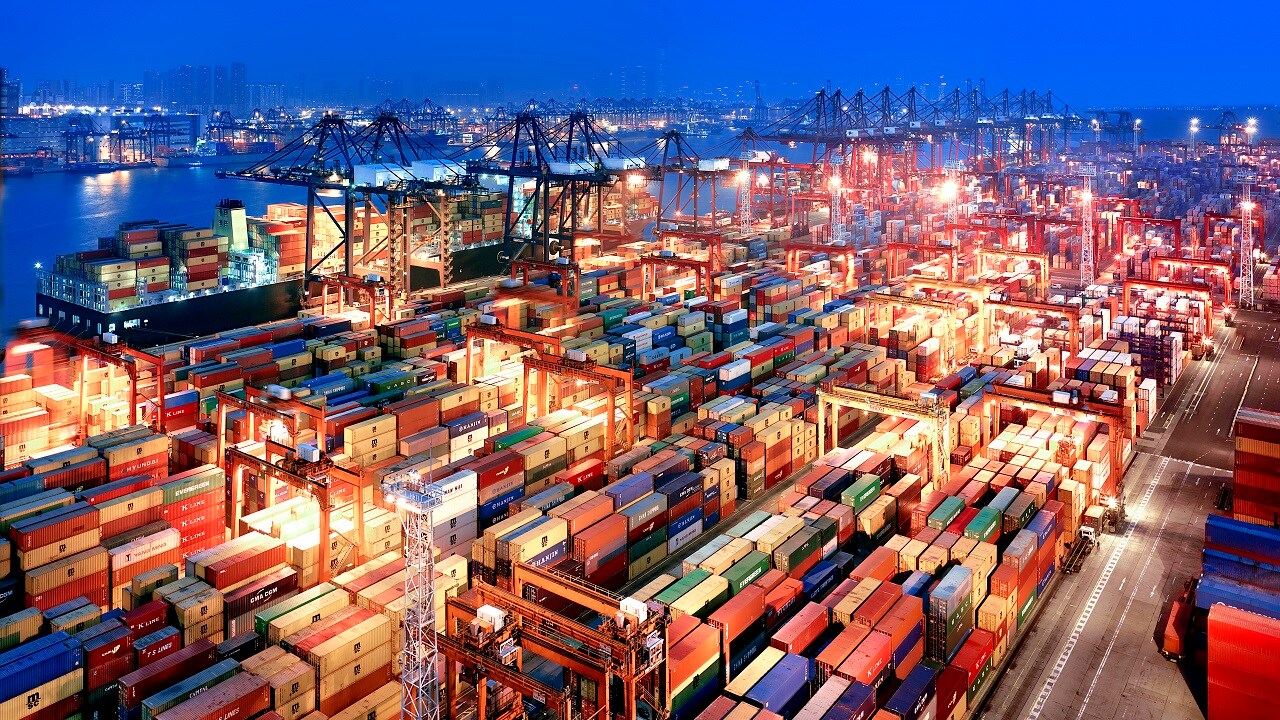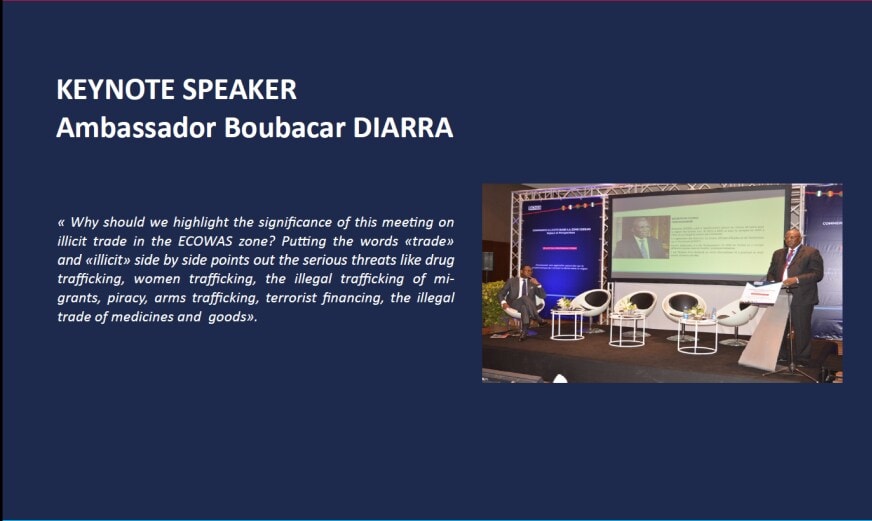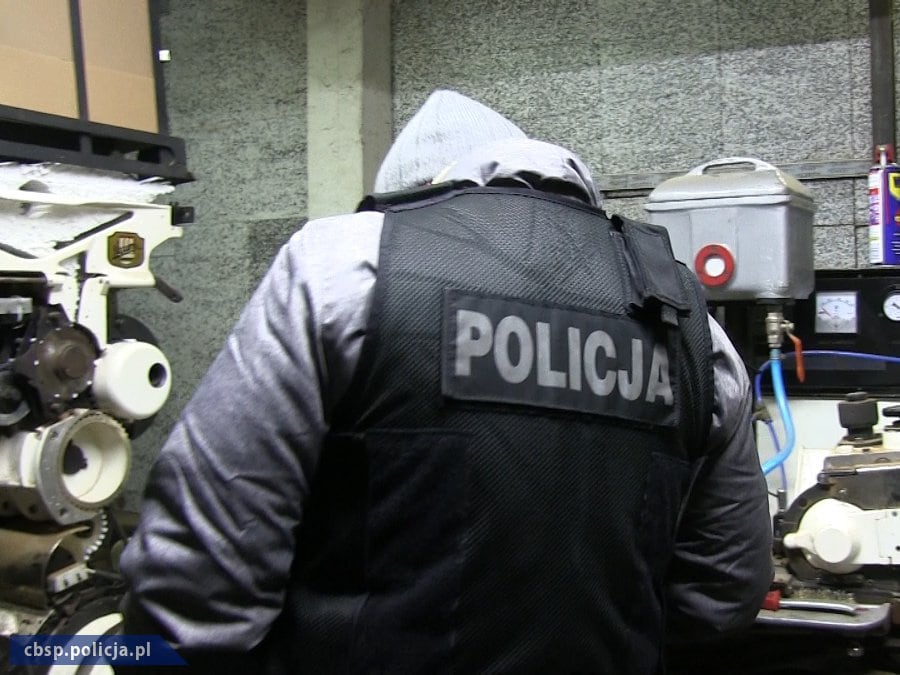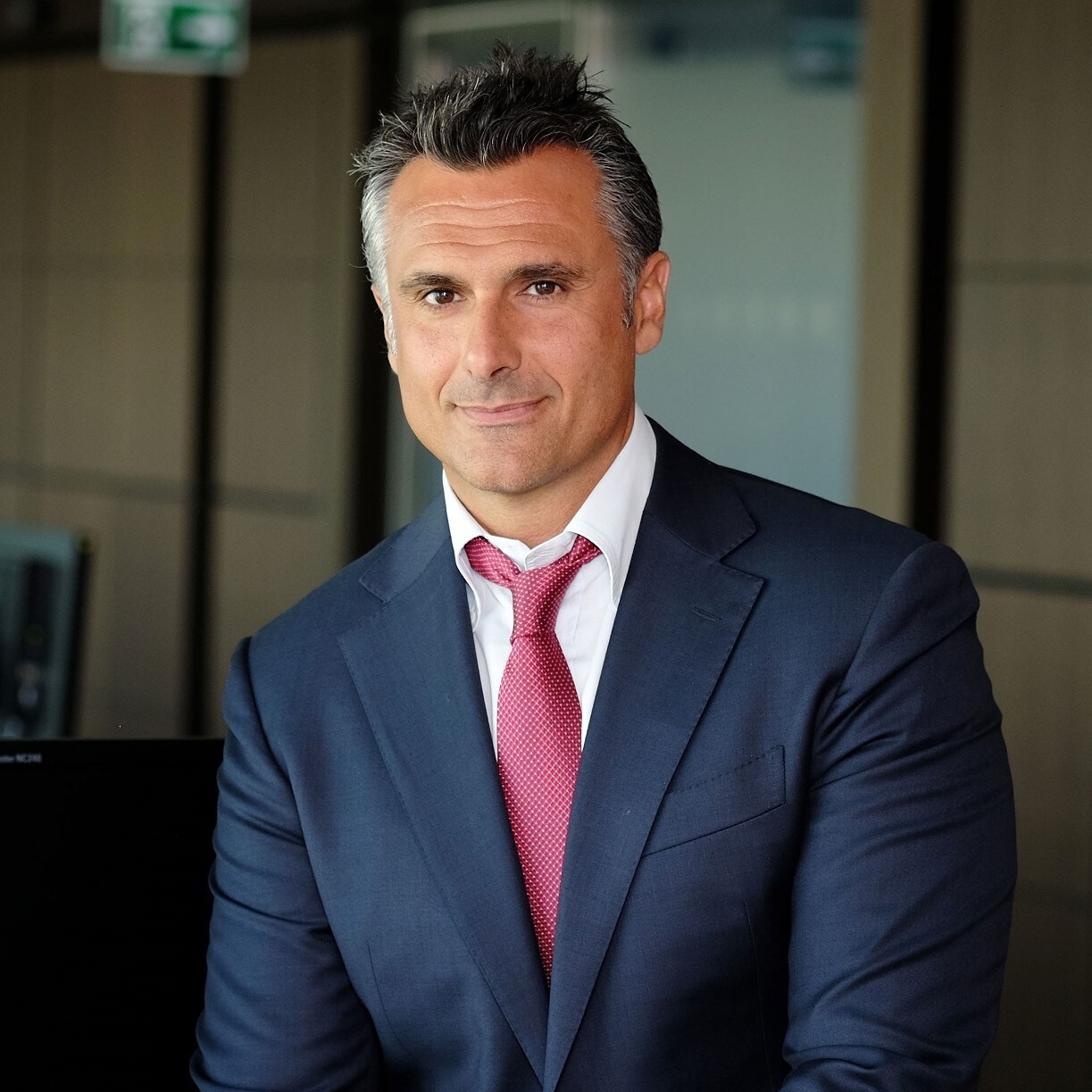The shipping industry is the backbone of the global economy, responsible for transporting roughly 90 percent of all internationally traded goods each year. But it is also the key method of transport for criminal organizations looking to smuggle illegal goods around the globe.
Maersk, the largest container shipping company in the world, has battled against illegal trade of all kinds for over 100 years. STOP ILLEGAL spoke with Michael Jul Hansen, Maersk’s head of the sanctions list management team, to find out more about how a company that transports over 12 million containers of goods each year can effectively tackle the issue of illegal trade.
STOP ILLEGAL: What does your role at Maersk involve?
Michael Jul Hansen: My main focus at Maersk is ensuring our cargo does not break any global trade sanctions. While the shipping industry is deeply affected by many different types of illegal trade, goods that break sanction rules are an incredibly costly issue for shipping companies, so it’s very important we get this issue right.
Essentially, we need to make sure that we don’t have any goods going between customers and vendors that may be on the sanctions list of the U.S., EU, the U.N., or other trading bodies. But this can be challenging, as trade sanction lists can change very quickly. A company that was OK yesterday, or a country that was OK to ship to yesterday, may not be tomorrow. And since I’m often being told after that law has gone into effect, well, then I’m stuck with sometimes many, many containers that are now an issue that I have to deal with.
STOP ILLEGAL: How does Maersk stay ahead of this issue?
Michael Jul Hansen: Over the past few years, Maersk has invested heavily in technology that helps us combat illegal trade. One great example is a tool that specializes in understanding sanction policies to better screen our transactions and trade routes. If you ever read EU legislation, you’ll realize it’s not very easy to understand—to put it mildly. But this tool translates legislative changes into something that a computer can understand. It then uses artificial intelligence to analyze certain trade links and cargo shipments, allowing you to set your own risk appetite and raise red flags where it sees the potential for sanctions infringement.
If you are shipping cigarettes from, say, Switzerland to Hong Kong, it is not an issue. But it becomes riskier when you are shipping cigarettes from China down to the Middle East, where it's being repacked and re-exported. We can still be held liable for where these cigarettes end up. I would be able to set that up in this system so that my team would see that they may need to take a closer look at the shipping documents. So, if the screening tool detects a shipment of tobacco going from China to Egypt or to the Middle East, then that’s possibly a red flag.
STOP ILLEGAL: What forms of illegal trade is Maersk affected by?
Michael Jul Hansen: The shipping industry is affected by a lot of different types of illegal and illicit trades. But one area that we are investing a lot of time and effort into is the illegal trade of wildlife. Maersk is currently working with a number of partners to stamp out smuggling of wildlife; Maersk is a signatory to “United for Wildlife Transport Taskforce.”
Understanding how poachers and wildlife smugglers operate is the first key step. The modus operandi of many ivory smugglers is to declare their cargo as hardwood tiles. So, if we can see cargo going from Africa to East Asian countries like Vietnam and China, we will raise a red flag and look more into the background of the vendor, and ideally examine the shipment itself. This is why it’s important to collaborate with multiple organizations when trying to tackle illicit trade. We need as much experience and knowledge about different types of smuggled goods and the operating habits of criminal organizations from across the globe.
STOP ILLEGAL: How important is it to collaborate with other businesses and sectors when fighting against illegal trade?
Michael Jul Hansen: Collaboration between the industries–the tobacco industry, the chemicals industry, pesticides, and so on–is absolutely key in fighting illegal trade.
One of the great initiatives we were involved in recently was the Declaration of Intent to Prevent the Maritime Transport of Counterfeit Goods. It brought together some of the leading businesses and customs agencies across the world to raise awareness about illegal trade and implement effective policy changes to tackle the issues at hand. While the initiative is no longer running, many of the original businesses involved also cooperate through a program called the Cross-Industry team. At Maersk, we have kept in close contact with many of the businesses and organizations involved. The greatest thing about it all is the level of knowledge sharing and the expertise you can gain from anti-illicit trade experts working in different industries.
STOP ILLEGAL: What are the key challenges in fighting against illegal trade?
Michael Jul Hansen: I think communication and cooperation between shipping companies and customs officials is a definite challenge. In my career, I’ve worked with a lot of importers across Europe, and I’ve been in many different positions where I have had to interact with customs officers on a daily basis. Often, they don’t want to disclose too much intelligence about how they find illicit cargo, in case that information falls to the wrong people. If the bad guys know how customs officers can identify illegal cargo, then they will simply find other ways of hiding it.
But this can limit our ability to stay one step ahead of the bad guys as well. Ideally, law enforcement would create a list of companies they know to be participating in illegal trade. I know that customs authorities have these lists, and they have these trends and things that they look for, and if only I could get a hold of that I could help them much, much earlier than I do when I send my documents to customs in the importing country. But we have gotten smarter, and we will hopefully start getting more information from law enforcement on what we need to look for and how we cooperate.


-(1).png)


